Description
Break the addiction cycle once and for all with this powerful and compassionate workbook–now fully revised and updated!
If you struggle with addiction, know that you are not alone. Addictive behaviors are often the result of loss–the loss of a job, the death of a loved one, or even the end of a romantic relationship. If you’re like many others, you may have turned to drugs, alcohol, or other troubling behaviors to avoid the pain of loss. But this only delays the healing process, and can ultimately lead to a destructive cycle that leaves you feeling trapped. So, how can you break free?
This second edition of The Mindfulness Workbook for Addiction will help you identify the root of your addictive behaviors while providing healthy coping strategies to deal with the stress, anxiety, and depression that can come from experiencing a loss. With these powerful mindfulness exercises and lifestyle tips, you will be able to replace addictive behaviors with healthy behaviors to begin healing.
This workbook will help you:
- Determine the function your addiction is serving
- Develop healthy coping skills for dealing with loss
- Accept your thoughts and emotions
- Avoid addiction “triggers”
- Heal broken relationships and build a support system
No matter the loss, the mindfulness skills in this workbook will allow you to process your grief and replace your addiction with healthy coping behaviors.

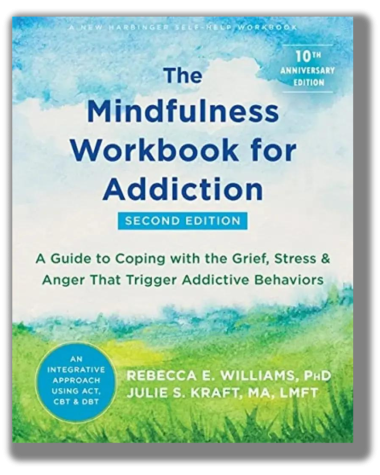
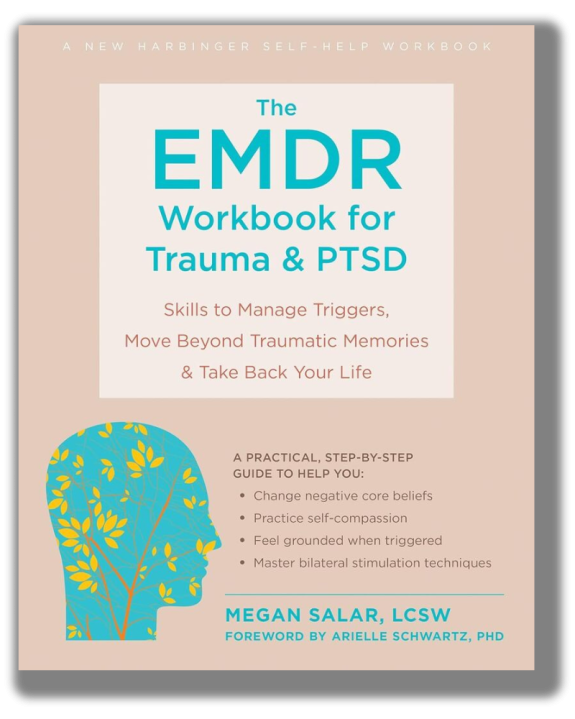
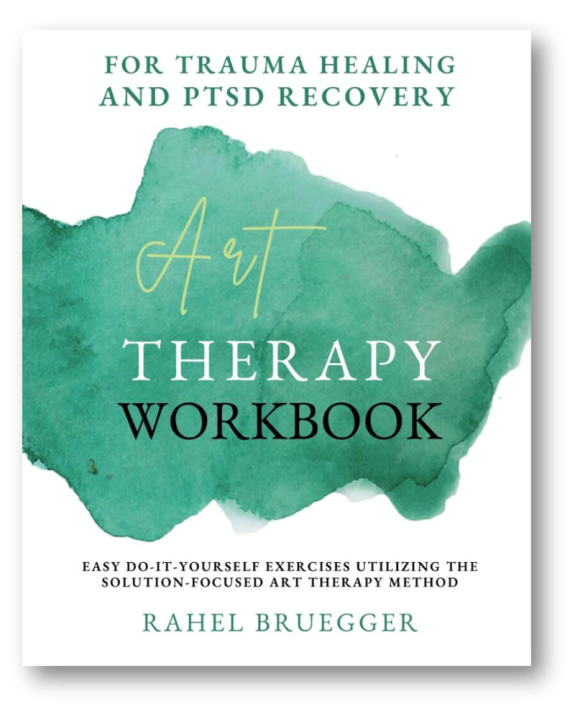
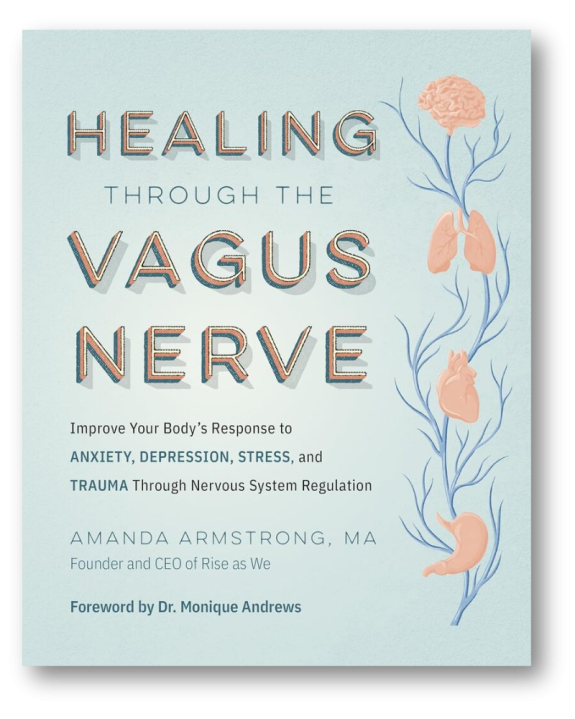
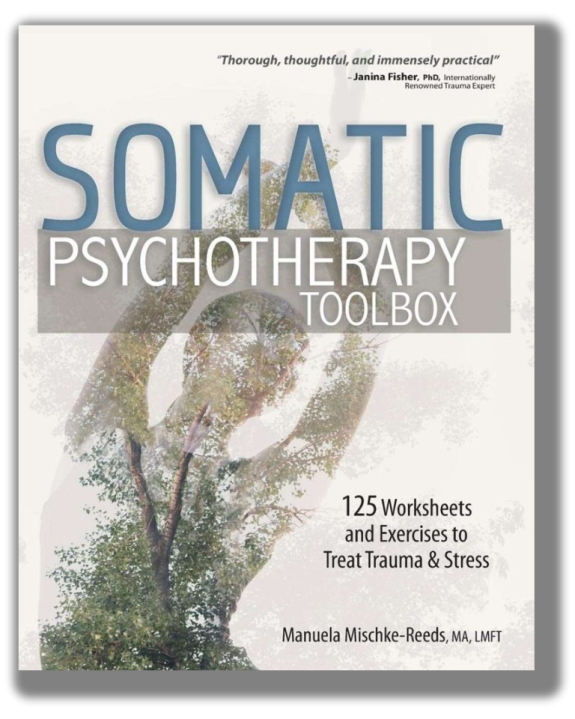
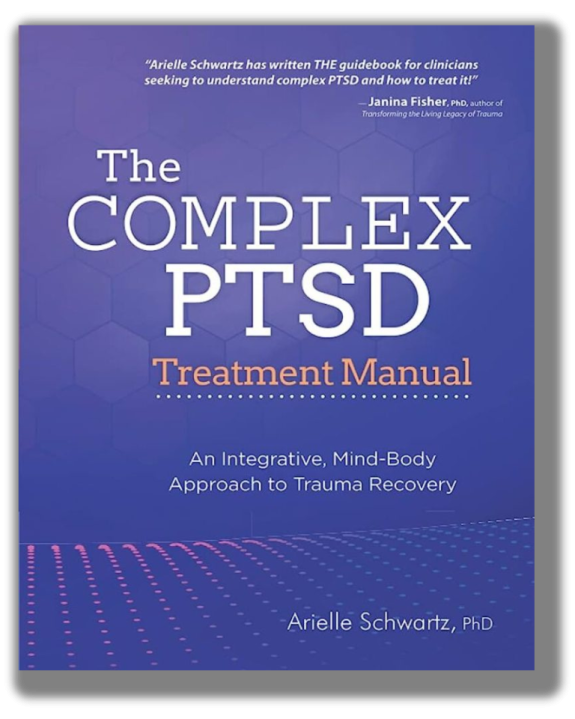
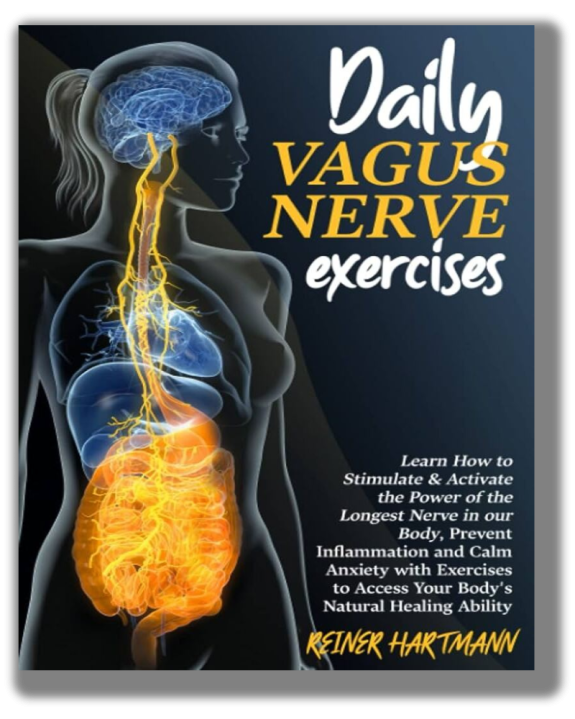
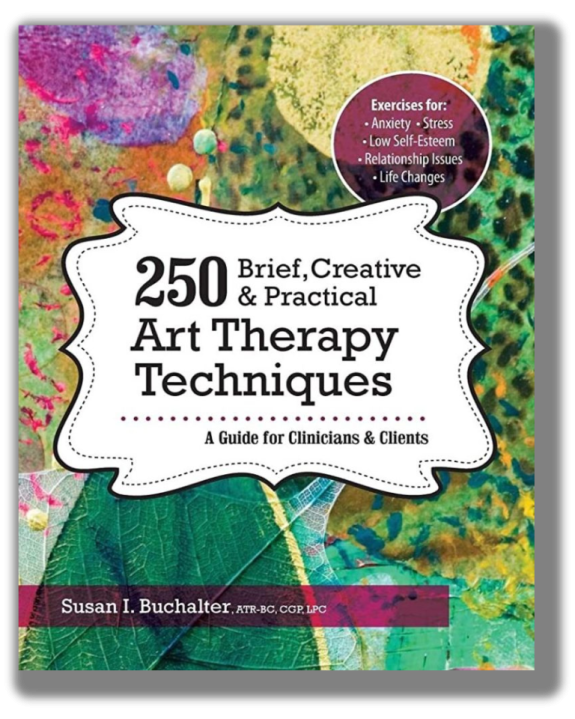
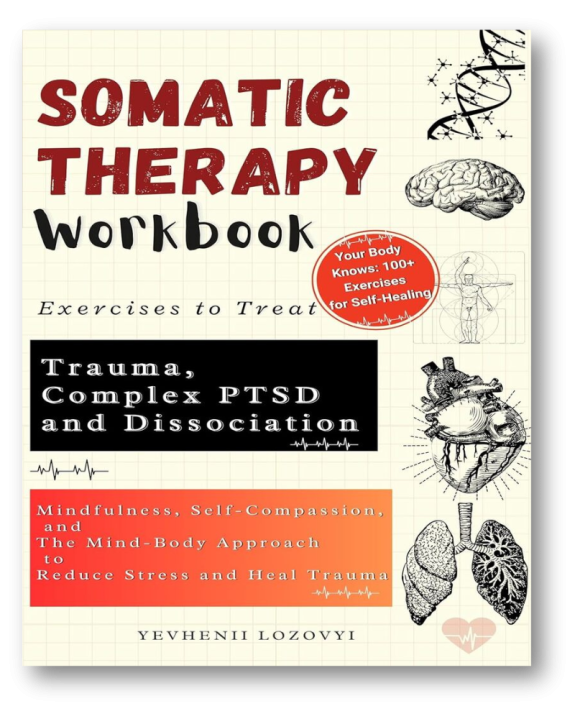
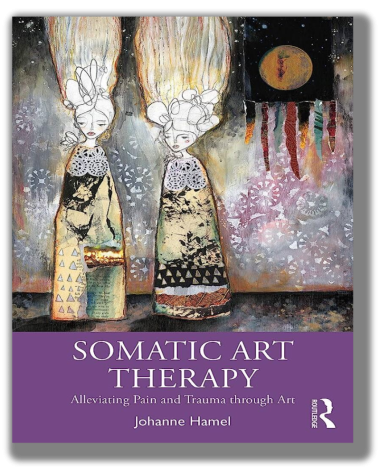
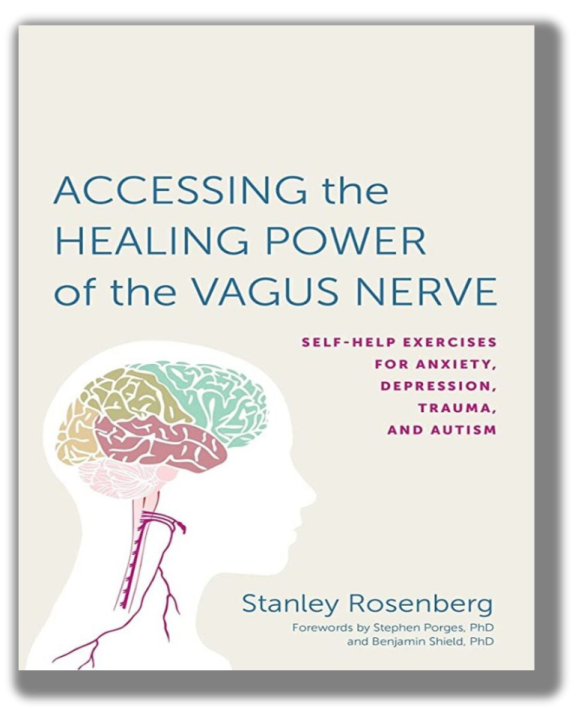
As a clinical yoga therapist who works daily with people undergoing detox and rehabilitation treatment for alcohol and drug use disorders, I can report that this engaging, well-crafted mindfulness workbook has been extremely well-received. “I found the book immediately practical to use,” one patient told me. “It has helped me recognize and organize thoughts that were hidden from me.” Another patient reported that the workbook taught him just how valuable it would be to be able to “catch your thoughts before they take over.”
“The Mindfulness Workbook for Addiction, Second Edition” by Rebecca Williams Ph.D., and Julie Kraft MA, LMFT, is the result of many years of work in the field of addiction, and it shows. The book takes a wise, compassionate approach as it guides the user through an exploration of thoughts and emotions that can trigger addictive behavior. It weaves in useful case studies and colorful imagery — the section on “Embracing the Dog” is a particularly creative, and hopeful, way to teach a lesson on the futility of trying to banish painful emotions.
The book shows readers how experiencing loss can have a large, if unrecognized, role in addictive behavior and teaches mindfulness skills for dealing with losses of many kinds. The authors also include valuable sections on communication and relationships — especially troubled territory for many people with SUD. The authors leave the reader with a forward-looking chapter on the keys to maintaining a mindful sober lifestyle.
This is a book that is well worth spending time with. Its comforting, steady tone takes readers by the hand as they explore emotions that have been left unattended, opening the way to improved mental health in the process. It would be a valuable asset in any treatment setting.
This helped me with my recovery and understanding more than just addiction
This workbook is an excellent guide for anyone struggling with addictive behaviors or curious about how these behaviors may be having an impact on your life. It answers all your questions, from “What is an addiction?” to “Is it anxiety?” and helps you consider the impact of loss, broken or unhealthy relationships, and mental health issues, among other things. The workbook presents information in an easily digestible way and includes examples, relevant research, and short stories that make each chapter interesting and easy to read. The best part is that every chapter has several exercises that help you reflect on what you have just read and then evaluate how it applies to your life. This workbook is a must-read if you are looking to make a positive change in your life!
Super helpful workbook. I really appreciated all of the examples and activities. I particularly found the part on identifying my values helpful and loved the idea of radical acceptance.
Impressively written, very helpful. Highly recommend.